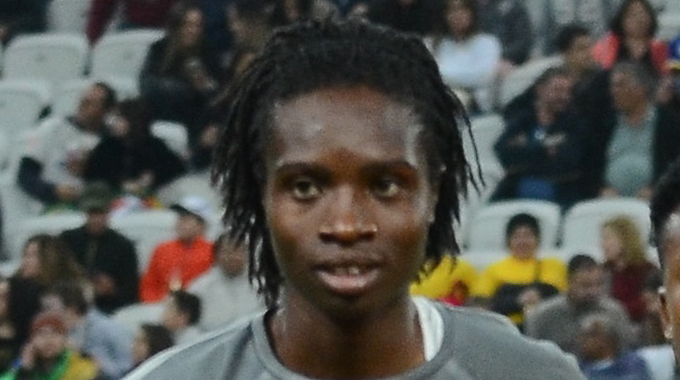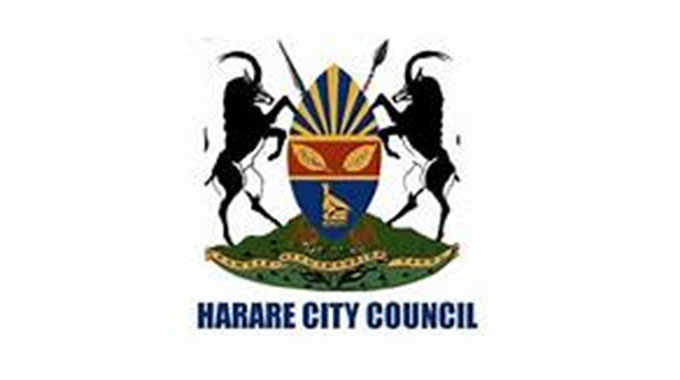Son discovers grave of father brutally murdered during liberation struggle

Fungai Lupande Mash Central Bureau
When Eria Kamire of Chesa in Mt Darwin left for the liberation struggle in 1973, he left behind a pregnant wife, Dairesi Gumbezi, whom he had inherited from his late elder brother in terms of the African tradition.
She later gave birth to Eria’s child, a baby boy, Musiiwa, in February 1974. The name means one left behind.
Eria whose, Chimurenga name was Matambudziko, did not return home to see his baby boy and was captured by the enemy two years after he left home and was quickly executed at Chikurubi Maximum Prison in 1975.
Gumbezi had already had three children with her first husband, Eria’s brother, who died shortly after joining the liberation struggle.
Growing up, Musiiwa was not told about his father and believed he shared paternity with his three siblings.
Gumbezi raised her four children by brewing and selling “kachasu” before she died.
Some 45 years after leaving for the liberation struggle, Eria appeared to his son in a dream detailing his journey in the war, said Musiiwa.
Musiiwa’s story is about a man shouldering the major task of leading the reburial process of his father and 26 other comrades who died together with his father.
Musiiwa said his father’s instructions were clear, that he wanted his family to know what happened to him and to be laid to rest properly.
“Starting in 2019 I dreamt about my father on several occasions. He would narrate his journey in the liberation struggle. He told me that he went for training in Mozambique before being deployed to Mt Darwin together with 26 others,” said Musiiwa.
“He said by the end of 1974 he was captured with 26 others and taken to Mt Darwin Prison before being transferred to Bindura and eventually Chikurubi.
“My father said he was leading the group of 26 when they were captured while resting on a small mountain in Mt Darwin. He was forced to reveal secrets of the struggle when they were tortured.”
Musiiwa told the dreams to a family elder who advised him to start looking for his father because the family had no idea what happened to Eria during the liberation struggle.
He started by visiting Mt Darwin and Bindura prison in August 2019 but could not find his name.
“I went to Chikurubi prison but I could not get the information. I then met a prison officer Chiwakaya, who had the information about my father and the other 26,” he said.
“I went to the National Museums and Monuments of Zimbabwe for assistance with the paperwork. Each time I was following up on this matter my father appeared in my dreams and told me steps to take.
“This continued until I was getting possessed by his spirit. I am surviving on snuff in accordance with spirit mediums.”
In a trance, Musiiwa said he led the exhumation process and identified the grave.
“My father told me that he was in the fourth grave last row to the South. This was my first time in that graveyard,” he said.
“My father said they were three buried in one grave in 1975 and he was at the bottom. He was exhumed in 1986 so that they are buried one in each grave, to give them a decent burial.”
While leading the exhuming process for his father Musiiwa said he met one officer Bokwe who quizzed him on his dreams and took down the information.
Later, he was called to the office of late national hero Father Emmanuel Francis Ribeiro and for the first time, Musiiwa saw his father in a photograph kept by the clergyman.
“Father Ribeiro revealed a lot of information about my father and the 26 others. The information was sent to the President’s Office,” he said.
“Permanent Secretary in the Ministry of Home Affairs and Cultural Heritage Aaron Nhepera who has been giving me guidance also gave me money to buy a coffin. The assistance I can get from Doves Funeral is for the burial but I need transport to take my father to our rural home and provide food for the traditional rituals.”
He said he needed transport and food to carry the remains and relatives from Mt Darwin to the provincial heroes’ acre and back.
The date for his father’s reburial was set for August 6 or 7 at the provincial heroes’ acre.
Musiiwa said the families of the other 26 are relying on him for information about what happened to their relatives.
“During one of the dreams I was shown the grave of a Muchokore family member who asked me to go and tell his family what happened to him,” he said.
“I had a commuter omnibus which I lost mysteriously because the spirits are robbing me of a comfortable life saying I may forget to lead the reburial processes,” he said.
Provincial war veterans’ chairperson Cde Sam Parirenyatwa said Musiiwa approached them looking for assistance and guidance.
“After he completed all the processes at Chikurubi Prison he came back looking for money for the reburial process,” he said.
“There is no fund yet for these processes and we approached Doves Funeral for assistance on the burial of Musiiwa’s father and other remains of about nine comrades exhumed in Mt Darwin and Shamva. We decided that the reburial of these freedom fighters will be done a day or two before the Heroes Day commemorations. One of the comrades will be buried in Mutare.”
Cde Parirenyatwa said the reburial of their fellow comrades is a huge relief to war veterans.
“We promised our fallen comrades that we would come back and take them home. We have since petitioned Parliament over the reburial of freedom fighters lying in foreign countries including Chimoio, Mozambique,” he said.
National Museums and Monuments of Zimbabwe chief curator Mr Kundishora Chipunza said Musiiwa’s father was executed in 1975 and was buried at Chikurubi cemetery.
“We applied to the Registrar General for his exhumation permit in line with liberation heritage. We handed over the remains to the family but they had no money for reburial. The remains are packaged and kept at the National Museums and Monuments of Zimbabwe. We advised Musiiwa to seek further assistance from the War Veterans’ Fund.”
Mr Chipunza said the National Museums and Monuments of Zimbabwe are ready to assist with transport.
A traditionalist Mr Katombo Kanyai said it is true that ancestral spirits can possess a family member or sometimes a person not related to the family.
“The spirit will be narrating how the deceased died and demanding proper burial. Lies cannot be sustained in such matters and it is easy to detect if the possessed person is lying,” he said. “Often times the possessed person can be deprived of a good life until he completes the mission.”
Headman Gombanwa said if the possessed person is not related to the deceased the spirit will direct that person until he reaches the family.
“What dies is the body and not the spirit. The spirit will not rest until the body is properly buried among the family or by the family. The death of a person cannot be covered up or remain unknown forever,” said the traditional leader.










Comments